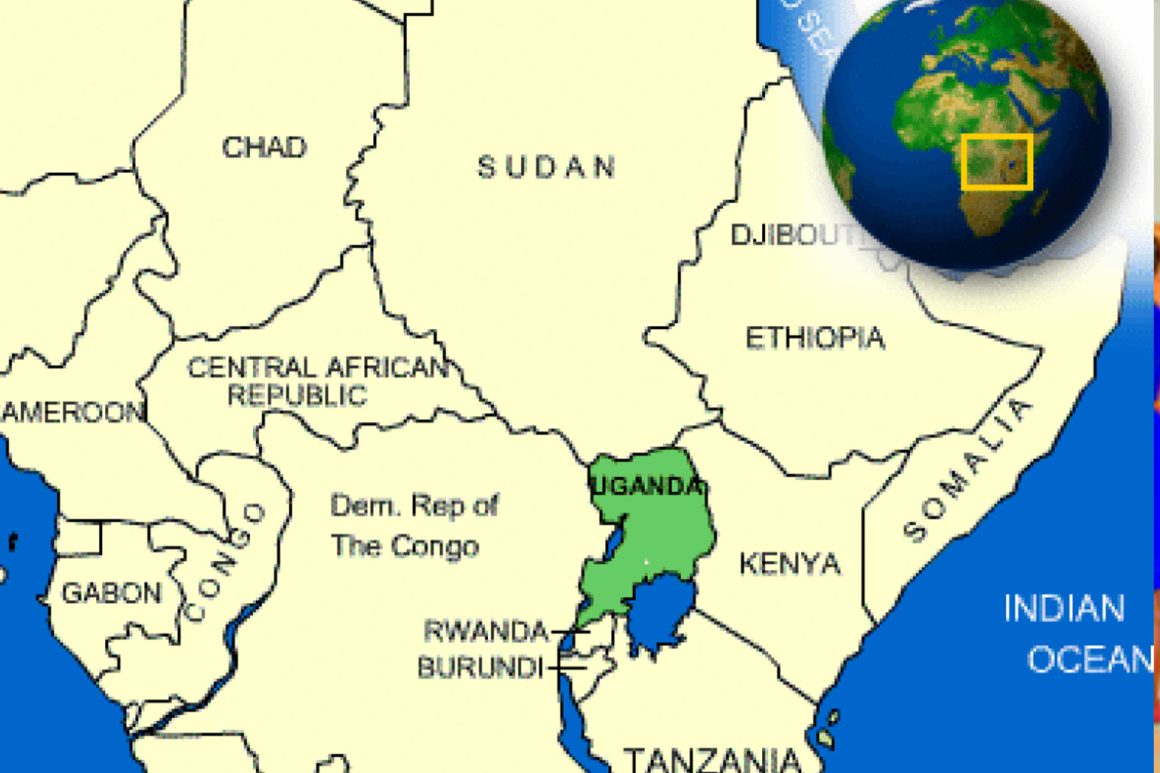1. Energy: Powering Uganda’s Regional Connectivity
Uganda–South Sudan Electricity Interconnection Project
In December 2024, the African Development Fund (ADF)—the concessional lending arm of AfDB—approved financing of $153.66 million for Uganda and South Sudan’s electricity interconnection roadmap. Uganda will receive $119.21 million as a loan, while South Sudan gets $32.5 million in grant aid. The initiative also includes a $1.95 million grant to the Nile Basin Initiative and leveraged €48.93 million from the European Union for South Sudan. Uganda has committed matching funds of approximately $17.44 million.
adf.afdb.org
This project aims to integrate South Sudan into the East African Power Pool, enhancing both electricity reliability and affordability.
2. Water & Sanitation: Enhancing Urban Water Access
Strategic Towns Water Supply & Sanitation Project (STWSSP)
Launched in May 2025, this initiative focuses on expanding water and sanitation infrastructure in Uganda’s underserved urban centers. It addresses critical needs in hygiene, public health, and service coverage, particularly in growing municipalities outside Kampala.
African Development Bank
3. Transport Infrastructure: Connecting Trade Corridors
Kampala–Jinja Expressway & Southern Bypass Highway
The African Development Bank approved a $229.5 million loan to support the expressway and bypass. This strategic investment aims to reduce congestion, cut travel times, and enhance movement of goods and people along this critical commercial artery.
Wikipedia
South Sudan–Uganda Power Transmission Network
Part of the East African regional integration agenda, the AfDB is set to fund a 299 km high-voltage transmission line between Uganda and South Sudan, projected to begin pre-construction activities in 2025 and full construction in 2026. This network will include 400/132/33 kV substations at Bibia (Uganda) and Gumbo (South Sudan), enabling Uganda to export 45 MW to 260 MW of power.
The Observer
4. Climate & Resilience: Empowering Rural Communities
Climate Resilience & Gender Empowerment Initiatives
AfDB-backed programs are advancing climate-smart agriculture and resilience, particularly targeting rural women’s empowerment in Uganda’s arid northeast. These include efforts by the Africa Climate Change Fund and align with AfDB’s Mission 300 initiative, aimed at electrifying 300 million Africans by 2030.
African Development BankReddit
5. Sector Strategy: Driving Uganda’s Infrastructure Agenda
AfDB’s Country Focus Report 2025 outlines its strategic goal to support Uganda’s industrialization through infrastructure investment—including energy, transport, agriculture, and water systems—while embedding gender equity, climate adaptation, and skills development across programs.
African Development Bank
6. Emerging and Future-Focused Projects
- Angololo Multipurpose Dam (Uganda–Kenya): A joint water and power facility across the Malaba River. Expected outputs include irrigation for 3,300 hectares (2,120 ha in Uganda) and 1.75 MW of hydropower, benefiting over 127,300 people by the mid‑2020s.
Wikipedia - Nkenda–Mpondwe–Beni & Bujagali–Tororo–Lessos Power Lines: AfDB plays a central role in both neighboring-power region grids—strengthening energy security and cross-border cooperation.
Wikipedia+1
7. Summary Table of AfDB’s 2025 Investments in Uganda
| Sector | Project / Initiative | Key Impact |
|---|---|---|
| Energy | Uganda–South Sudan Interconnection | Regional trade via power grid integration |
| Water & Sanitation | Strategic Towns WSS Project | Urban water supply and sanitation |
| Transport | Kampala–Jinja Expressway & Bypass | Alleviating congestion, enabling trade routes |
| Energy Export | South Sudan–Uganda Grid Link | Molekulaton of energy export capacity |
| Climate Resilience | Rural gender-focused programs via Africa Climate Fund | Strengthening rural women’s climate adaptation |
| Industrial Strategy | Country Focus Report Projects | Inclusive infrastructure investments |
| Water Resource | Angololo Dam | Irrigation and hydropower serving multi-sectoral needs |
| Power Infrastructure | Cross-border transmission lines | Enabling regional energy interconnections |
8. Conclusion
Through a diverse portfolio of infrastructure and resilience-building projects, the African Development Bank is cementing Uganda’s pathway toward sustainable, inclusive growth. These investments—spanning sectors and borders— reinforce critical development priorities, such as electrification, regional integration, and infrastructure-led transformation.


Leave a Reply